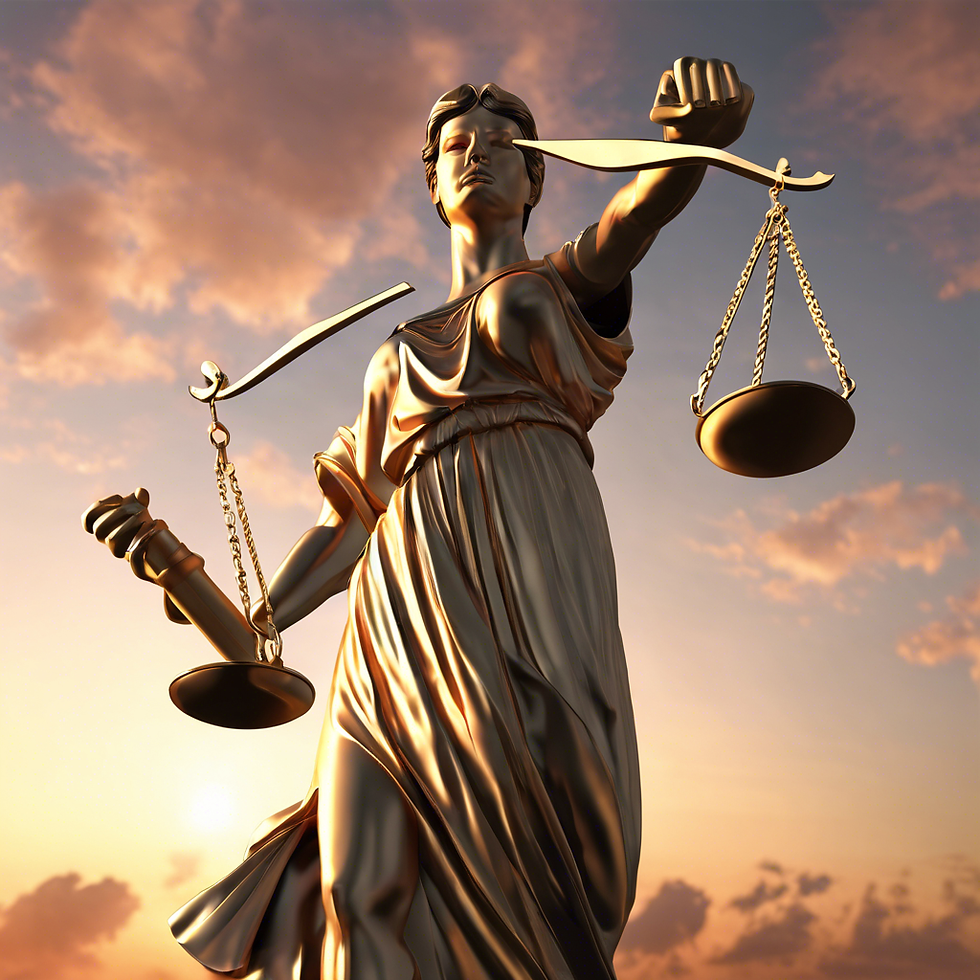
UNITED PANTHERS & PALESTINES
- Sep 15, 2024
- 4 min read
The Panthers and Palestine-Lessons from History
The Black Panther Party—especially their International Section based in Algiers—embraced the Palestinian cause as part and parcel of their own struggle.
In September 1969, high-ranking CIA officials produced a “Memorandum for the Record” for their daily briefing with President Nixon. The agents reported that Black Panther-in-exile Eldridge Cleaver had “appeared in Panmunjom [North Korea], where he is agitating for a number of things including a free Palestine.”
For Cleaver’s “Free Palestine” to draw the attention of the CIA and the president indicates that U.S. intelligence feared Black internationalist engagement with the Palestinian Revolution.
The Panthers’ attachment to Palestine during 1969 was not an anomaly. They envisioned their struggle inside the United States as an anticolonial one on par with the armed struggles underway in places like Vietnam and Angola. Securing alliances with movements in the Global South became a vital part of the Panthers’ strategy.
After fleeing the United States, Cleaver surfaced in Algeria just in time for the Pan-African Cultural Festival, held in late July 1969. (The photo link below captures Cleaver in Algiers, Algeria in 1970 with a portrait of Huey P. Newton on the wall behind him.)
In Algiers, Cleaver helped establish the Afro-American Center. This center became an exhibit dedicated to the Black Panthers during the twelve-day festival, and Cleaver’s entourage met many of the 5,000 participants from across Africa who traveled there. Among these new acquaintances were many Palestinians—the Palestine Liberation Organization (PLO) was the only non-African movement invited.
While Cleaver was abroad, Panther Field Marshall Donald Cox solidified the Panthers’ analysis of Palestine stateside. Cox, who operated behind the scenes and helped train the Panthers’ military cadre, explained that “everywhere I went I was challenged, and in a more or less hostile manner, to clarify the Panthers’ position on the Middle East.”
To do so, he penned an essay titled “Zionism (Kosher Nationalism) + Imperialism = Fascism” for the Black Panther newspaper, which concluded with: “Victory to the people’s struggle of Palestine!”
This essay turned out to be the Party’s defining statement on Palestine and Zionism for the next year and a half, until Panther co-founder Huey Newton moderated the Panthers’ stance in 1971.
Like Cleaver, Cox eventually fled the United States for Algeria. There, the two ran the “International Section” of the Party—the chapter dedicated to securing relationships with anticolonial movements across the globe. The Algerians granted the Panthers an “embassy” of their own—a villa formerly used by the North Vietnamese–which became the International Section’s headquarters.
In Algiers, the Panthers and the Palestinians connected. Cleaver and Cox met Yasir Arafat, leader of the Fatah, the largest party within the PLO.
In September 1970, a series of events known as Black September unfolded in Jordan. During this period of crisis for Palestinian militants, Eldridge Cleaver sharpened the Party’s support for Palestinian liberation: “The struggle of the Palestinian people for their freedom and liberation from U.S. imperialism and its lackeys is also our struggle.”
In early 1971, Donald Cox (seated below wearing sandals in picture link) was invited to Kuwait to attend a symposium hosted by the General Union of Palestinian Students. There Cox painted this new Afro-Arab alliance in no uncertain terms: “The young Fedayeen being trained in the camps, on the battlefields, held captive, these are our revolutionary brothers. The young brothers in the ghettos of the U.S. are our Fedayeen.”
Unfortunately for Cleaver’s International Section, the geopolitical realities of the Cold War were turning against them. Panther leader Huey Newton had emerged from prison and introduced his new “intercommunalist” vision for the Party in late 1970. It represented a retreat from the anticolonial internationalism and armed struggle Cleaver and Cox championed, setting the stage for a showdown between Newton’s Oakland base and the International Section.
This factional struggle came to a head on the Jim Dunbar “AM Show,” a television talk show, in February 1971, for which the hosts organized a live, long-distance phone call between Newton (in the studio in San Francisco) and Cleaver (in Algiers). Newton intended the call as a show of unity. Instead, Cleaver confrontationally pushed him to continue pursuing armed struggle and anticolonial alliances. Cleaver further challenged Newton on his newfound support for a “two-state” solution in Palestine—something Cleaver, the Palestinians, and his Algerian hosts rejected.
Cleaver’s International Section was expelled from the Party after the call. Newton continued moderating the Party’s formerly stalwart support for Palestine, culminating in a 1974 article refuting much of the Party’s previous support.
The power struggle between Newton and Cleaver, exacerbated at every turn by the FBI’s COINTELPRO, enervated the Panthers. When Mao met Nixon in 1972, it was clear the geopolitical winds had turned decisively against Cleaver’s anticolonial approach.
The International Section in Algiers became defunct after 1973. The demise of the International Section spelled the end of the Panthers’ radical internationalism, and with it went their close attachment to the Palestinian struggle.
Learn More:
Michael Fischbach. Black Power and Palestine: Transnational Countries of Color. Stanford: Stanford University Press, 2019.
Donald Cox. My Life in the Black Panther Party. Heydey, 2019.
Elaine Mokhtefi. Algiers: Third World Capital: Freedom Fighters, Revolutionaries, Black Panthers. London: Verso, 2018.
Sean L. Malloy. Out of Oakland: Black Panther Party Internationalism during the Cold War. Ithaca, Cornell University Press, 2017.
Akbar Muhammad Ahmed. We Will Return in the Whirlwind: Black Radical Organizations 1960-1975. Chicago: Charles H. Kerr Publishing Company, 2007.
Category: Black Internationalism, Civil Rights, Political Resistance and Engagement, Stories
Tags: 1960s, 1970s, Algeria, Algiers, Black Panther Party, BPP International Section, CIA, COINTELPRO, Donald Cox, Eldridge Cleaver, Fatah, General Union of Palestinian Students, Huey Newton, Mao Zedong, North Korea, Pan-African Cultural Festival, PLO, President Nixon, Vietnam, Yasir Arafat, Zionism




Comments